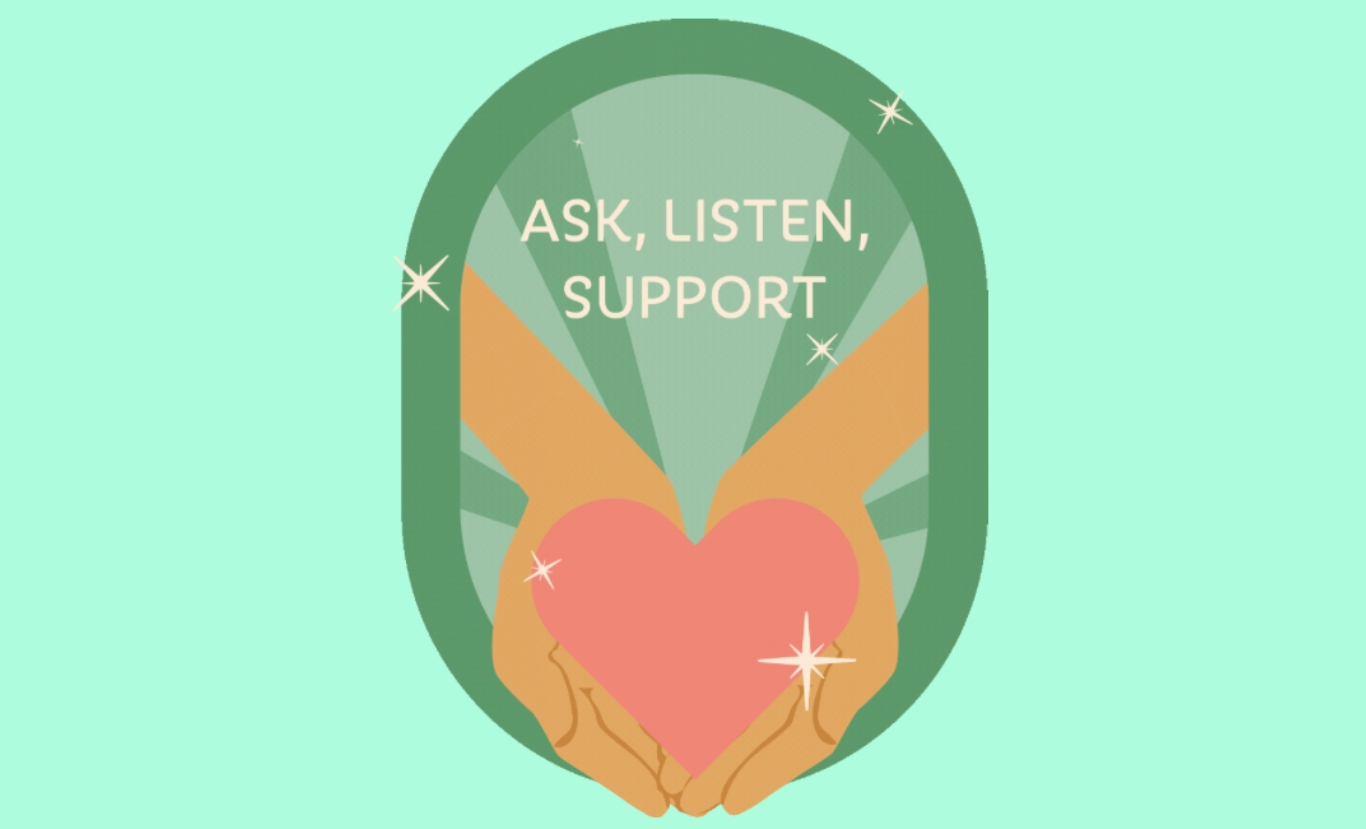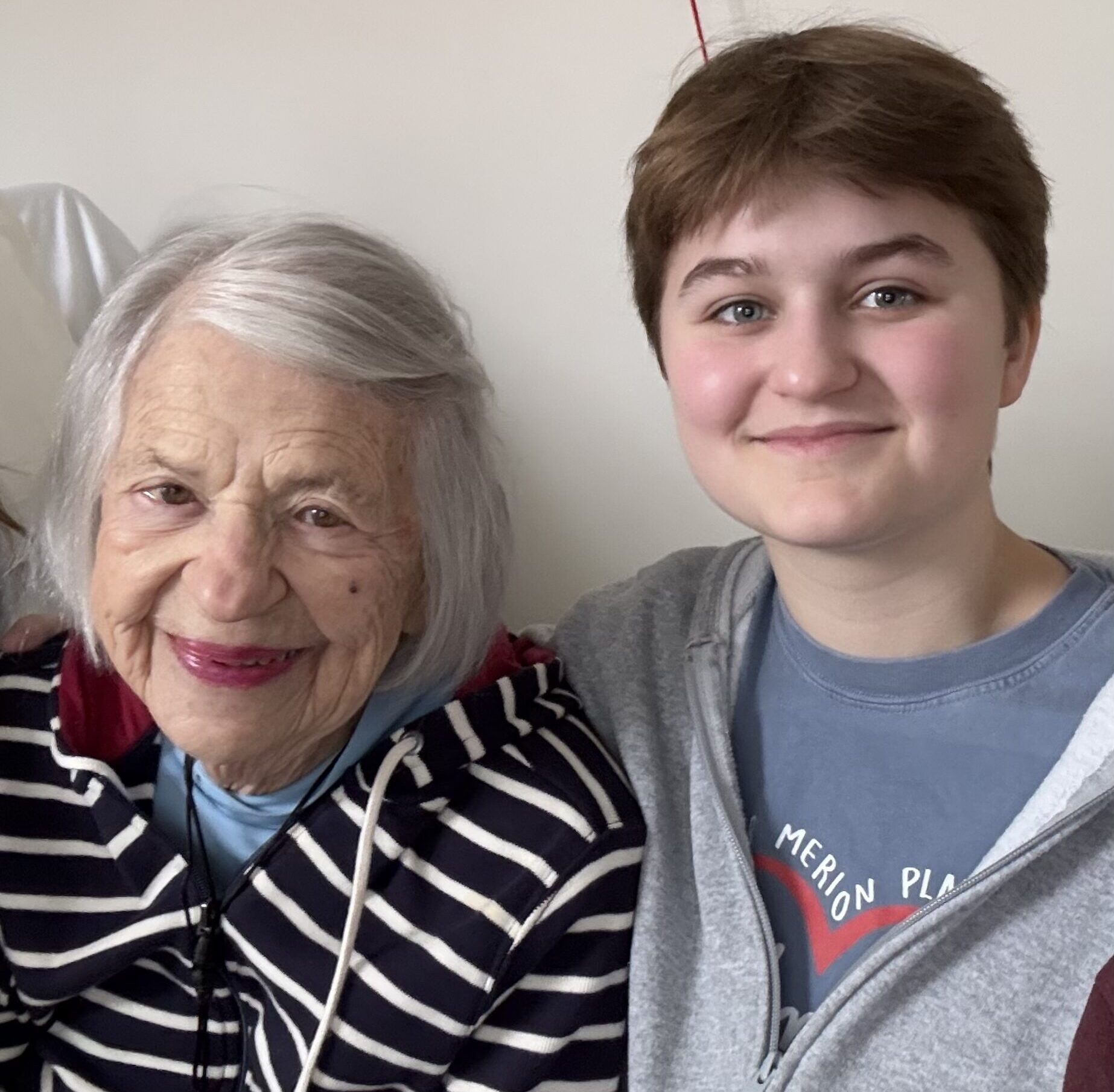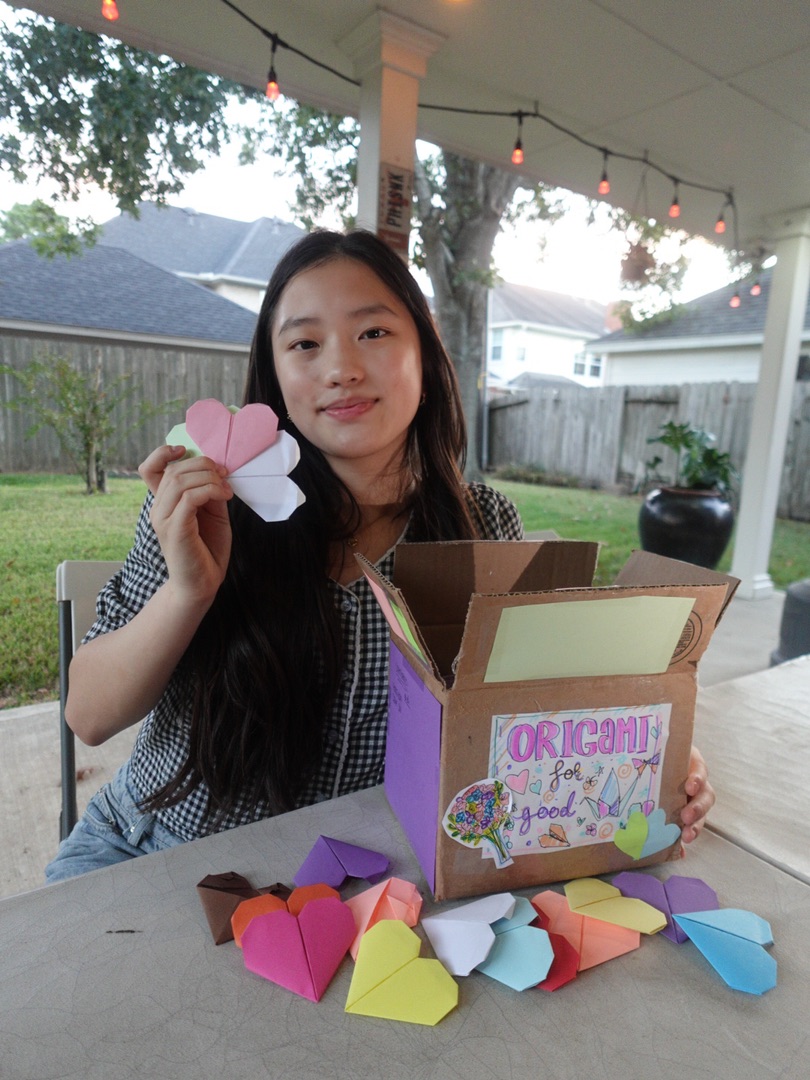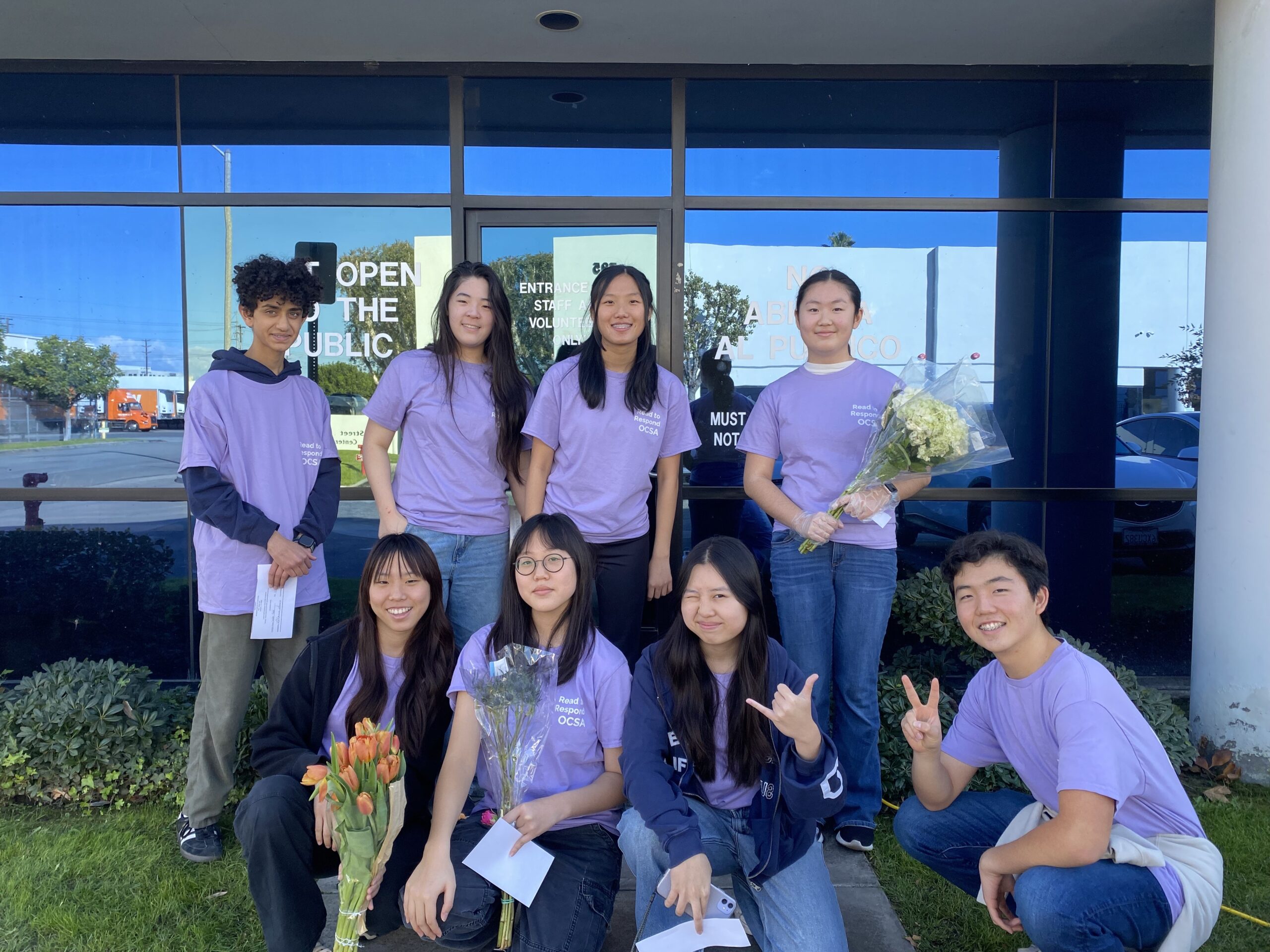Promoting mental health care is one of the most gratifying and kindest acts imaginable.
Many young people globally have dedicated themselves to seeing tremendous improvements in the quality of mental health services accessible and provided. Young people, such as the amazing Youth Advisory Board members of Born This Way Foundation, have significantly contributed as advocates, educators, professionals, peer support workers, etc. In whatever capacity they work, they have brought magnificent innovations and contributed to improving mental health care.
As a global advocate, I have noted some challenges youth face as mental health champions, and this piece is to highlight areas where people can support youth and help them thrive.
One important subject that keeps coming up in conversations is the need to include youth in the decision-making process when planning and executing initiatives on mental health, especially youth mental health. It would be good practice to involve the demographic being planned for in the process. This helps to broaden the scope of the points of view and serves as an opportunity for the youth to learn and grow.
Another issue that has been raised involves adequate compensation for youths involved in the mental health space. In my experience, many young people are under-compensated for their time and expertise. I believe it is an investment worth making when youth are adequately compensated for their work. They should be trained, encouraged, and supported to participate in conferences and research opportunities.
The final issue I will be touching on is directed at young mental health champions who are peer support workers. It is important to prioritize yourself and your well-being. As peer support workers, you need to get some support. It could be by talking to someone, participating in relaxing activities, or any other healthy way that helps improve your mental health.
As I emphasized at the Global Mental Health Action Network Annual Meeting this past month, prioritizing and investing in youth when it comes to mental health cannot be overemphasized. Young people are the future and are gradually becoming “the present.” If we get it right with the youth, they will easily improve the mental health culture in a sustainable way that will be passed on to subsequent generations.





















